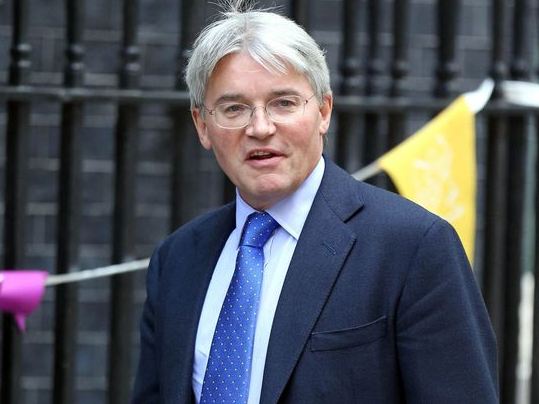by Aidan White
Posted: 28 September 2012
 The one flaw in the life and culture of British society – the country’s historical obsession with class and social status – is the issue that may have undone the political career of Andrew Mitchell, the Conservative MP roundly condemned on all sides, even within the press, for his ill-judged rant against police outside Downing Street.
The one flaw in the life and culture of British society – the country’s historical obsession with class and social status – is the issue that may have undone the political career of Andrew Mitchell, the Conservative MP roundly condemned on all sides, even within the press, for his ill-judged rant against police outside Downing Street.

Mitchell may like to think of himself as a celebrity cyclist, wheeling along in the slipstream of London’s populist Mayor Boris Johnson, but he came unstuck for raging at officers, a police woman among them, who refused to open the gates to let him pedal up to No 10. He is alleged to have called them ‘plebs.’
This insult, more than his swearing, has opened up a fresh storm about the class division between Britain’s posh conservative government and the upper class it represents against, well, ‘plebs’ like the rest of us.
The increasing divide between rich and poor in Britain is a matter of fact and some media have used this latest incident to highlight the lack of regard about growing social inequalities. They point to the power of the wealthy ruling elite represented by the well connected, Eton and Oxbridge crowd that currently dominates the British Government from the Prime Minister and his Chancellor downwards.
But this is hardly new. Britain has lived with class struggle since the time of the industrial revolution. And the cultural and social divide has created a rich body of media entertainment both at home and abroad, from the whimsical comedy of television’s Blackadder to the ground-breaking costume drama of the Forsyte Saga, Upstairs, Downstairs and, more recently, Downtown Abbey.
Britain is seen by foreigners as a country which has much to offer: a splendid history of invention, literature, culture, arts (and sports); a language that resonates around the globe; and a beautiful natural landscape on small islands that attract tens of millions of visitors each year.
The only blot on this otherwise comforting landscape is the deeply-embedded problem of class and social prejudice, a legacy of empire, which, as Mitchell demonstrates, is still working at the heart of government although politicians are loath to admit it.
The use of words like plebs (from plebians, the lower class in ancient Rome) and proles (from proletariat, another Roman word, picked up by Karl Marx to define the class of wage earners) has become unpopular and fallen into disuse because the terms are used to denigrate the poor, working class and often marginalised communities.
Not surprisingly, press comment on Mitchell’s actions are overwhelmingly negative, recognition that insulting the police is a fatal political mistake at a time when polls show support for politics is significantly lower than public confidence in law enforcement, and it is particularly ill-judged only days after two unarmed police women were shot dead provoking a wave of public sympathy.
Nevertheless, it’s unlikely that the controversy will spark a serious public debate about reducing economic and social inequalities which are growing as a result of government policy. Certainly, mass media are unlikely to lead the way. The Sun, a newspaper sustained by working class readers but which remains a staunch supporter of the Government in spite of its elitist character, criticised Mitchell not for revealing his class bigotry, but for not doing so in private. “Mitchell’s mistake,” said Mick Hume, “was not to save his rant against the plebs for a private hate session with his aides.”